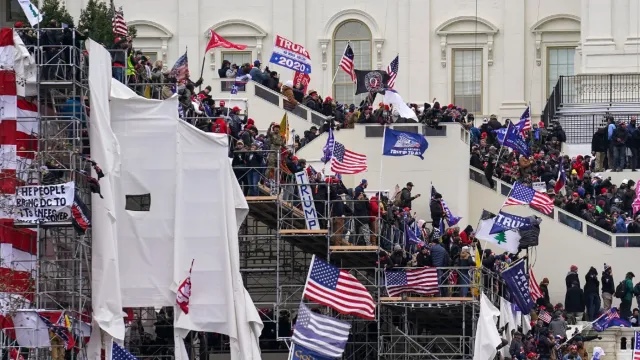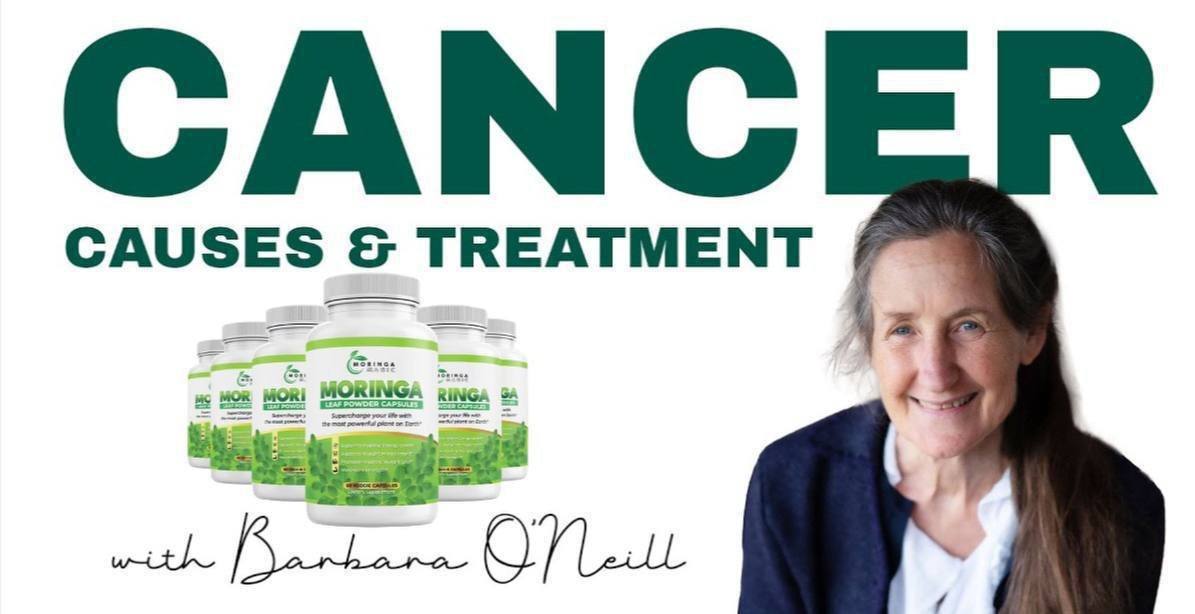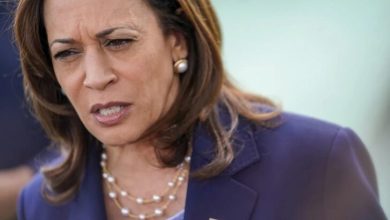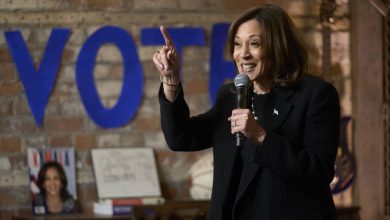Supreme Court rules in favor of Jan. 6 rioters in obstruction case

The Supreme Court ruled Friday that an obstruction law used to charge scores of Jan. 6 rioters and former President Trump was improperly applied, spelling trouble for the Justice Department’s far-reaching prosecution of the Capitol attack. The justices sided 6-3, not along ideological lines, for Joseph Fischer, a former police officer accused of storming the Capitol on Jan. 6, 2021, who challenged one of several counts he faces: obstruction of an official proceeding.
The law, Section 1512(c)(2), makes it a crime to “corruptly” obstruct, impede or interfere with official inquiries and investigations by Congress and carries a maximum penalty of 20 years in prison.
It’s been used to prosecute rioters who interrupted Congress’s certification of the 2020 presidential election results, but Fischer — and scores of other rioters — claim the Justice Department retooled a charge that once criminalized document shredding to encompass the conduct of those who stormed the Capitol that day.
“It would be peculiar to conclude that in closing the Enron gap, Congress actually hid away in the second part of the third subsection of Section 1512 a catchall provision that reaches far beyond the document shredding and similar scenarios that prompted the legislation in the first place,” Chief Justice John Roberts wrote for the majority.
“The better conclusion is that subsection (c)(2) was designed by Congress to capture other forms of evidence and other means of impairing its integrity or availability beyond those Congress specified in (c)(1),” he continued.
Justice Ketanji Brown Jackson joined the high court’s conservative majority, while conservative Justice Amy Coney Barrett joined liberals Sonia Sotomayor and Elena Kagan in the dissent.
Barrett wrote that her fellow justices “failed to respect the prerogatives of the political branches” in their decision and questioned how Fischer’s case did not fit squarely into the parameters of the charge. She accused the court of completing “textual backflips” to find “some way – any way” – to narrow the subsection’s reach.
“The case that Fischer can be tried for ‘obstructing, influencing, or impeding an official proceeding’ seems open and shut. So why does the Court hold otherwise?” Barrett wrote. “Because it simply cannot believe that Congress meant what it said.”
Attorney General Merrick Garland said in a statement that he is “disappointed” by the decision, but that the “vast majority” of rioters charged for their role in the attack “will not be affected by this decision.”
The DOJ will take “appropriate steps” to comply with the high court’s ruling, he said.
“We will continue to use all available tools to hold accountable those criminally responsible for the January 6 attack on our democracy,” Garland said.
The justices expressed skepticism of the Justice Department’s use of the charge during arguments in April, though U.S. Solicitor General Elizabeth Prelogar insisted that the law had been used to prosecute different kinds of unlawful conduct, not just the actions of rioters on Jan. 6.
Prelogar contended that Congress meant for the law — enacted in 2002 after the Enron accounting scandal, where top executives at the energy company were imprisoned for fraud — to serve as a “classic catchall” for unlawful acts that did not include the destruction of records, documents or other objects.
The Supreme Court’s decision could have profound implications on the Justice Department’s years-long prosecution of the Capitol attack.
More than 350 rioters were charged with obstructing an official proceeding after mobbing the Capitol on the day Congress was set to certify now-President Biden’s win against Trump. Several members of the extremist Proud Boys and Oath Keepers groups were convicted of the charge, including the leaders of each group, Enrique Tarrio and Stewart Rhodes.
Though most also faced other felony counts, 50 rioters were sentenced with the obstruction law as their only felony, according to Prelogar.
Nayib Hassan, an attorney for Tarrio, said his team intends to file a brief regarding the impact the Fischer decision has on the ex-Proud Boys national chairman’s case.
“It is our position that the SCOTUS made the correct ruling on the 1512(c)(2) obstruction charge and we look positively toward our appeal,” Hassan said, adding that the lawyers plan to “thoroughly review” Tarrio’s sentence and “any collateral consequences” of the high court’s decision.
Jackson signaled in a separate opinion that she believed it is possible for Fischer and the other defendants to still be prosecuted under the charge.
“That issue remains available for the lower courts to determine on remand,” Jackson wrote.
Trump himself also faces the charge in his federal election interference case being prosecuted in Washington, D.C. That case is indefinitely paused as the Supreme Court weighs Trump’s presidential immunity challenge, but the justices’ decision to gut the obstruction law will inevitably undermine that charge.
The former president was recently convicted on 34 felony counts of falsifying business records in Manhattan, as well. It’s unclear how the Supreme Court’s imminent decision on immunity will impact that case, or the other two cases against him.



